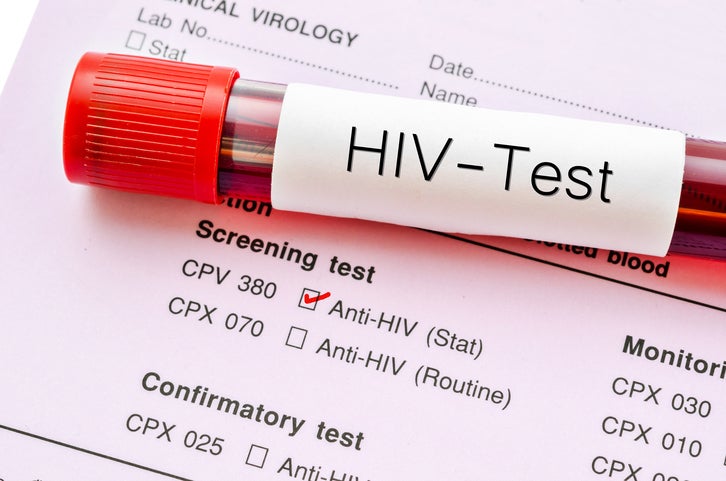HIV rates rise in Northern Ireland – despite falling across rest of UK
New diagnoses up from 80 in 2016 to 84 in 2017 - but reason for increase remains unclear

Your support helps us to tell the story
From reproductive rights to climate change to Big Tech, The Independent is on the ground when the story is developing. Whether it's investigating the financials of Elon Musk's pro-Trump PAC or producing our latest documentary, 'The A Word', which shines a light on the American women fighting for reproductive rights, we know how important it is to parse out the facts from the messaging.
At such a critical moment in US history, we need reporters on the ground. Your donation allows us to keep sending journalists to speak to both sides of the story.
The Independent is trusted by Americans across the entire political spectrum. And unlike many other quality news outlets, we choose not to lock Americans out of our reporting and analysis with paywalls. We believe quality journalism should be available to everyone, paid for by those who can afford it.
Your support makes all the difference.HIV rates have increased in Northern Ireland despite falling in every other part of the UK, new figures reveal.
Eighty-four people were diagnosed with the virus there in 2017 – up from 80 new cases the previous year.
The rise contrasts with the rest of the country where new diagnoses have fallen to their lowest level since 2000, according to the Public Health England figures.
Reasons for the discrepancy remain unclear, although they have sparked calls for better education in Northern Ireland.
The rise appears to have disproportionately affected gay and bisexual men. Among cases where doctors knew the probable cause, 40 involved sex between men, while 26 were caused by heterosexual contact. Fewer than five cases had come from sharing needles.
John O’Doherty, director of the Rainbow Project, which works to improve the health of the region’s LGBTQ+ people, said the figures showed “gay and bisexual men were being failed.”
He told the BelfastLive wesbite: “They make up five per cent of the overall population, yet account for more than half of all HIV diagnoses in 2017.
“HIV testing must be more accessible because one of the best ways of preventing new diagnoses is finding people living with HIV. If they know they have it they are less likely to pass it on.
“There needs to be statutory guidance all schools must follow so all children receive the same level of relationship and sex education.”
Despite the increase, the rate remains significantly down on 2015's figures when 105 new cases were recorded – the most in a single year since records began.
Across the UK as a whole, rates went down from 5,280 in 2016 to 4,363 in 2017 – a 17 per cent drop.
Noel Gill, head of the STI and HIV department at Public Health England, said the fall was due to prevention measures having a "significant impact".
Steve Brine, public health minister, said: "HIV is a devastating and life-altering disease. Today's figures mean we are well on our way to eradicating it once and for all but we have not an ounce of complacency.
"Our commitment to prevention has led to more people getting tested and almost every person with a diagnosis is now in treatment - meaning they are unlikely to pass the virus on to someone else."
Join our commenting forum
Join thought-provoking conversations, follow other Independent readers and see their replies
Comments